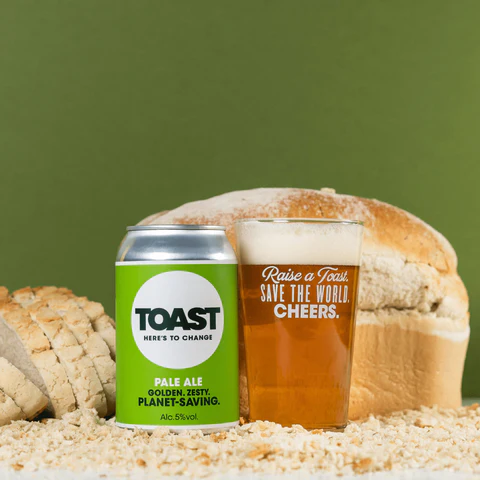In an era increasingly concerned with the health of our planet, the term “sustainable food” is popping up more and more. It’s about finding a balance between our dietary needs and the well-being of the environment, the economy, and our communities.
Sustainable foods encompass a wide range of practices, all centered around minimizing negative impacts. They consider factors like:
- Environmental Impact: This includes reducing greenhouse gas emissions, minimizing water usage, protecting biodiversity, and promoting healthy soil. Sustainable farming avoids excessive pesticide use, deforestation, and unsustainable irrigation practices.
- Economic Viability: Farmers need to be able to make a fair living while engaging in sustainable practices.
- Social Equity: Sustainable food systems prioritize fair labor practices, access to healthy food for all, and the preservation of traditional food knowledge and cultures.
So, what do sustainable foods look like in practice? employing organic or regenerative agriculture methods. Consider choosing sustainably caught seafood or plant-based protein sources. It’s also about reducing food waste and opting for products with minimal packaging.
Why does all of this matter?
The current food system is a significant contributor to environmental degradation. Conventional agriculture contributes heavily to greenhouse gas emissions, pollutes waterways, and depletes soil health. Unsustainable fishing practices devastate marine ecosystems. By choosing sustainable foods, we can:
- Reduce our environmental footprint: Sustainable practices help mitigate climate change, conserve water resources, and protect biodiversity.
- Support healthier ecosystems: Healthy soil, clean water, and thriving biodiversity are essential for a resilient planet.
- Promote fair and equitable food systems: Sustainable food choices support farmers who are committed to ethical labor practices and environmental stewardship.
Improve our own health: Sustainable farming often prioritizes nutrient-rich foods grown without harmful chemicals.
Small changes can make a big difference. Start by incorporating more plant-based meals into your diet, buying locally sourced produce when possible, and reducing your food waste. By becoming conscious consumers and supporting sustainable food systems, we can contribute to a healthier planet for ourselves and future generations. It’s a journey worth taking, one delicious and responsible bite at a time.
